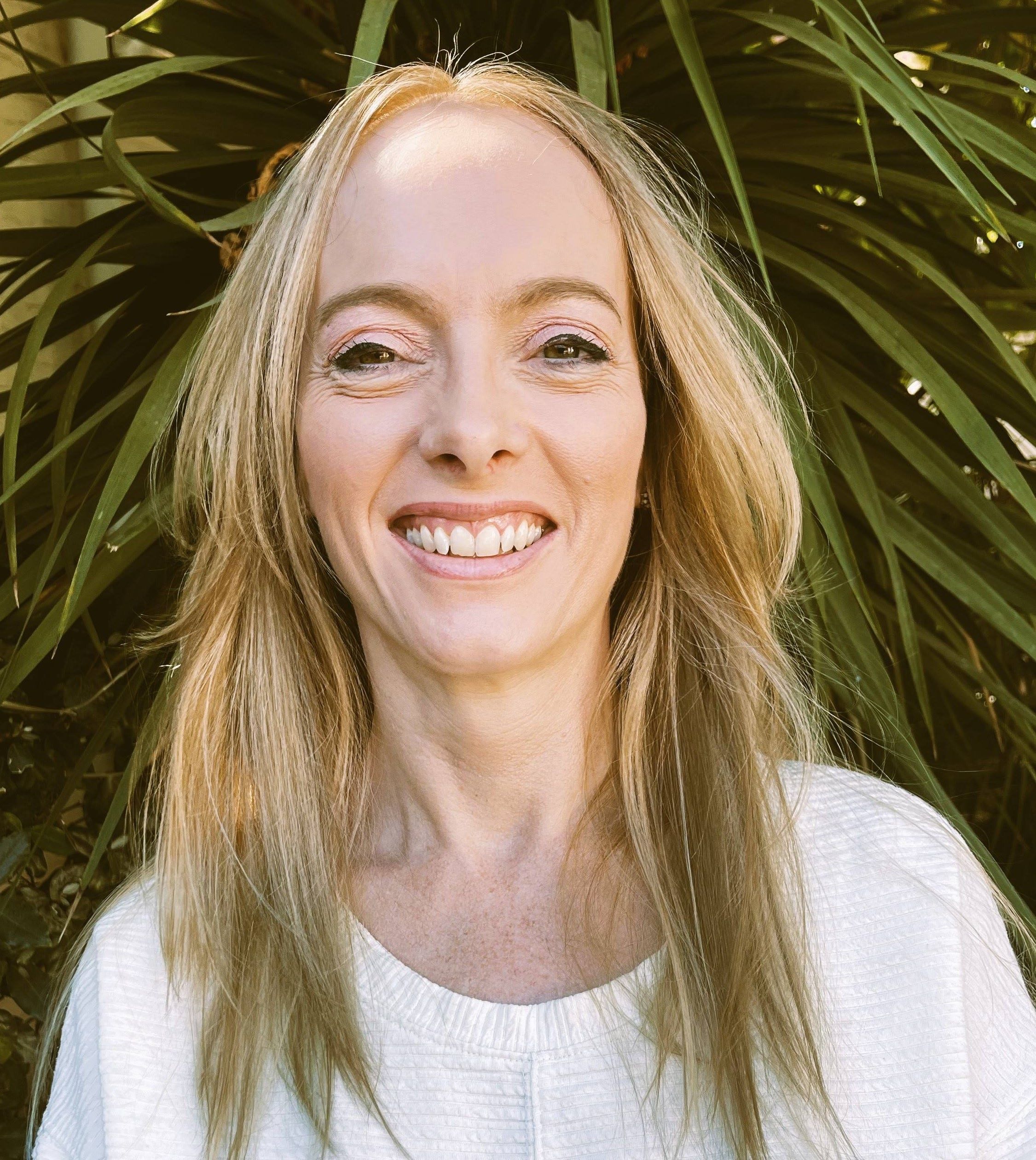Diagnosis later in life and sensory demands of parenting ‘disrupt well-being’ of autistic mothers
An expert shares what this looks like, and how autistic mothers can be supported


Women are more likely to be diagnosed autistic later in life, and combined with the sensory demands of being a parent, their maternal well-being can be impacted. A therapist with special interest in neurodiversity, shares what autism in motherhood looks like, and how to support neurodiverse mothers.
There's increasing awareness around neurodiversity and neurodivergent children. Parents are learning to spot the autism symptoms, and understanding that autistic children play differently to other children. There's also a call to support parents to help their highly sensitive child go back to school - a lot of whom are neurodiverse.
But what happens when a mother is autistic? Research suggests that autistic mothers experience more challenges adapting to becoming a parent, due to existing sensory sensitivities and the extra sensory demands parenting places on them. To better understand this subject, we spoke to Amanda Macdonald, an experienced BACP registered psychotherapist with special interest in neurodiversity wellbeing.
Amanda says "The sensory differences experienced by someone with autism can result in an individuals being under-sensitive or over-sensitive. This means that for some people they experience sensory overload, and can become overwhelmed with lights, sounds, smell or touch for example. Those who are under-sensitive may seek out sensory experiences such as lights or sound, or enjoy the feeling of a weighted blanket. Living well as an autistic person means understanding one’s sensory profile, and having measures in place to be able to meet this."
"Living well as an autistic person means understanding one’s sensory profile, and having measures in place to be able to meet this."
Amanda Macdonald, psychotherapist
The research also suggests women are more likely to be diagnosed with autism later in life, further complicating their journey into motherhood. Amanda expands on the reasons for this delayed diagnosis, telling us "We are much more aware today of how nuanced autism can be, and for many women this can mean a diagnosis later in life. Some autistic women will have learnt to mask so well that even close friends or colleagues may not be aware that the person they know could be autistic.
For these women, by the time they have reached an awareness that they may be autistic, and received an autism diagnosis, they have spent years feeling like they don’t ‘get it’ like other people do, that they need time out to regulate in a way that their friends don’t seem to need to, and often living with or having experienced periods of anxiety or depression."
Amanda adds: "Becoming a mother is a huge decision for any woman. The prospect of an unknown change to every part of life can be daunting. The stress of motherhood can feel overwhelming for a neurotypical woman, and for a woman who is autistic this can mean that the measures they have learnt over the years to have in place to be OK are challenged.
GoodtoKnow Newsletter
Parenting advice, hot topics, best buys and family finance tips delivered straight to your inbox.
Change can result in an increase in anxiety and stress for many people with autism. While there are common traits that present in autism to lead to a diagnosis, how autism is experienced can be different foreach woman, and as a result, how being autistic affects the journey to motherhood can present different challenges."
How to support an autistic mother
Despite the 96% of autistic individuals who experience sensory processing difficulties, very little research explores the sensory experiences of autistic mothers. This alarming gap in current knowledge should be urgently addressed, as greater insight and understanding into the lived experience of autistic mothers could influence earlier diagnosis and inform professionals to appropriately support them.
While this gap exists, Amanda offered her opinion on how best to support autistic caregivers, based on her therapeutic experience. She says "When a baby comes along, a whole new sensory being enters the home, with their own sensory needs. A baby is programmed to cry to get it’s needs met to be fed, or changed, or held. Babies are in fact a whole world of sound, smell, texture and unpredictability– what worked one day to calm a baby may not the next.
The exhaustion and overwhelm felt by many new mothers may well be even more intense for a mother with autism. For those who may know someone who is autistic and is embarking on motherhood, ask how they are doing, as this could make a real difference. For mothers who are autistic, as for all mothers, be kind to yourself as much as possible, and allow yourself to acknowledge that there are times when you are going to be tired."
The therapist concludes "Having a good support network is invaluable, and knowing what your own sensory needs are can help to understand why some aspects of motherhood may feel particularly tough. There will be support within your community, and your Health Visitor could be a great source of information.
If you are supporting an autistic mother, or are a mother who suspects you might need an autism diagnosis, the National Autistic Society can help.
For more on neurodiversity, kids with ADHD receive more 'negative messages' than neurotypical kids, and what to say to adults who are parenting a neurodiverse child. A doctor shares what parents don't know about emotional regulation - and this could be informative for SEN caregivers.

Amanda Macdonald is an experienced psychotherapist, counsellor, and member of the British Association for Counselling and Psychotherapy. Amanda helps adults and children manage and overcome life’s hurdles – including relationship, stress, and confidence issues.

Lucy is a mum-of-two, multi-award nominated writer and blogger with six years’ of experience writing about parenting, family life, and TV. Lucy has contributed content to PopSugar and moms.com. In the last three years, she has transformed her passion for streaming countless hours of television into specialising in entertainment writing. There is now nothing she loves more than watching the best shows on television and sharing why you - and your kids - should watch them.